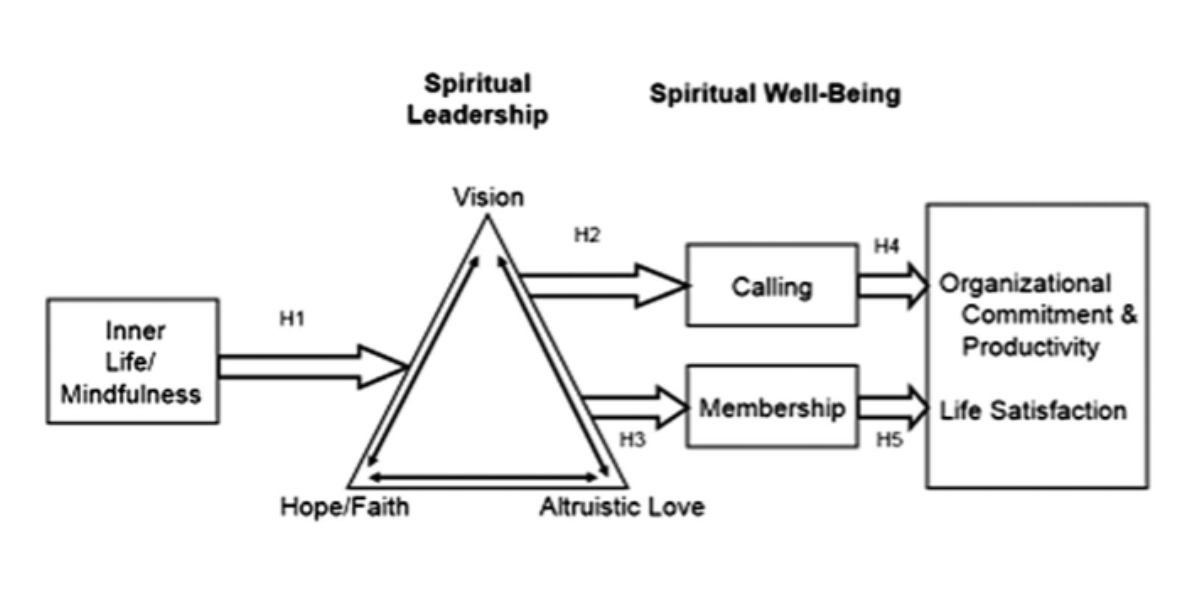
Adult Third Culture Kid Research

According to Merriam Webster, a “Third Culture Kid (TCK)” refers to "a child who grows up in a culture different from the one in which his or her parents grew up ... The 'third culture' to which the term refers is the mixed identity that a child assumes, influenced both by their parents' culture and the culture in which they are raised. "
Adult Third Culture Kid (ATCK) Research
One of the main reasons I decided to pursue doctoral studies was to conduct research. Not just any research, but ATCK research. For many years, I worked with children, teens, and adults from various mission agencies, preparing them for international ministry and helping them transition back to Canada.
As I listened to their stories of joy and heartbreak, accomplishments and struggles, I realized that there is so much more that we, as caregivers and organizations, can learn from these international workers and their families to contribute to their transition and healing. In particular, we need to find new ways to help them help themselves, long after the end of the transition retreats and workshops we offer.
The question I am exploring for my research is “How can spiritual self-leadership encourage identity development and sense of belonging in ATCKs in order for them to fully realize their potential and value contribution in the workplace?” Let’s unpack this…
Why ATCKs?
ATCKs, adults who have been shaped by their childhood mobility and cross-cultural experiences, have developed extraordinary skills and knowledge which are assets in our increasingly diverse society and workplaces – an expanded worldview, cross-cultural appreciation and understanding, and linguistic ability. Additionally, ATCKs are experts at adapting to many different situations, cultures, and places. Some claim ATCKs are the global leaders many organizations so desperately need in our globalized world.
Coupled with these amazing contributions are ATCKs’ struggles with identity creation and sense of belonging. These struggles can detract from their development personally and professionally and cause them to experience isolation, fractured relationships, mental health issues, and unhealthy restlessness, which could have lasting negative effects. These outcomes can also impact the organizations in which ATCKs work and cause a drain on financial and non-financial resources.
Why Spiritual Self-Leadership?
I am drawing this concept from the Spiritual Leadership Model developed by Louis Fry. The model provides a pathway for leaders to lead spiritually with beneficial outcomes for both their followers and the organization. My research proposes that this same model can be used as a pathway for ATCKs to lead themselves spiritually in order to encourage identity development and sense of belonging. To this point, this model has not been applied to self-leadership or ATCKs.
Inner life is the beginning of the model and is the wellspring of spiritual leadership. Inner life includes an individual’s faith, identity, self-esteem, and personal values. When we nurture our inner life through self-reflection, purposeful living, authenticity, and spiritual development, our capacity to lead spiritually increases. Spiritual leadership, according to the model, consists of three components – hope/faith, vision, and altruistic love – all of which are inextricably connected. Leading spiritually means providing a picture of a desired future, instilling the hope and faith that it will happen, and genuinely caring for others and helping them to grow and succeed. When we exercise spiritual leadership, the outflow is a sense of purpose and belonging, which then results in greater life satisfaction, and organizational commitment and productivity.
When we turn this model towards self-leadership and focus on ourselves, nurturing our inner life can provide a foundation upon which we can learn to love ourselves and create goals towards a better future for ourselves. As a result, we are inspired towards a greater sense of purpose and belonging.
For ATCKs, the key pieces in this model are inner life (identity) and belonging.
If ATCKs practice spiritual self-leadership, it could contribute to development of their inner life and foster their sense of belonging and identity development.
Research Objectives
I hope to discover how spiritual self-leadership can help ATCKs with the challenges of identity and belonging, as well as explore how their faith journey impacts who they are and their ability to spiritually lead themselves.
I also hope to develop strategies that ATCKs can use to promote spiritual self-leadership and leverage their value within their workplaces.
This research will be funded through Mitacs Accelerate funding over four years, in partnership with MORE Network. Since virtually no Canadian-based ATCK or TCK research exists, we hope to use this funding to fill this gap.

(Fry, L. W., Latham, J. R., Clinebell, S. K., & Krahnke, K. (2017). Spiritual leadership as a model for performance excellence: a study of Baldrige award recipients. Journal of Management, Spirituality and Religion, 14(1), 22–47., p. 25)
 Shelly Lyons and her husband Shane live in Oxford, Nova Scotia. She is Assistant Professor of Organizational Management at Crandall University and a Doctor of Business Administration candidate at Royal Roads University. She also serves on two teams at Outreach Canada. Shelly is the National Trainer and on the National Coordination Team for Simply Mobilizing Canada. She is also part of the MORE Network, where she has served as the Director for Classic ReBoot, a transition retreat for Missionary Kids transitioning back to Canada. If Shelly had a free afternoon, you'd probably find her either reading, or spending time with her husband & her dog!
Shelly Lyons and her husband Shane live in Oxford, Nova Scotia. She is Assistant Professor of Organizational Management at Crandall University and a Doctor of Business Administration candidate at Royal Roads University. She also serves on two teams at Outreach Canada. Shelly is the National Trainer and on the National Coordination Team for Simply Mobilizing Canada. She is also part of the MORE Network, where she has served as the Director for Classic ReBoot, a transition retreat for Missionary Kids transitioning back to Canada. If Shelly had a free afternoon, you'd probably find her either reading, or spending time with her husband & her dog!